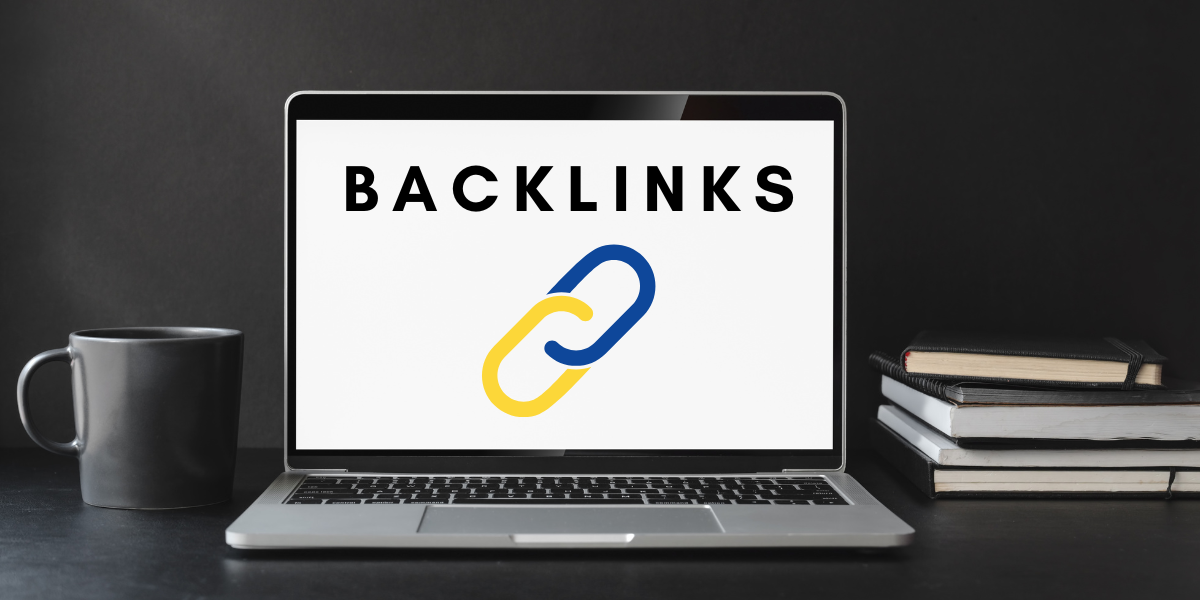Increase your school’s search engine ranking with a backlink strategy
Have you heard that building backlinks for your school’s website is an important part of your digital marketing and SEO efforts but have no idea where or how to start?
While obtaining quality backlinks for your school website can seem time-consuming, it can also be very rewarding when combined with great content. In this post, we’ll walk you through what backlinks are, how they can vastly help strengthen your marketing efforts, and go over 4 backlink tactics you can start right away! But first, let’s take a look at what backlinks are and why they’re an important part of your school’s SEO strategy.
What are backlinks & why are they important?
An inbound link or, “backlink” is when one website redirects—or links to—another site. There’s no doubt you’ve seen a backlink before when reading a blog or article. Typically, it’s a hyperlinked word or phrase that, when you hover your mouse over and click, will take you to a different webpage on a completely different website.

Here’s an example of the ies.network website linking to our partner, Digistorm’s website.
But, why are backlinks important? When people search for specific keywords, search engines will analyse the backlinks on websites to determine if that site is a trustworthy source of information. So, the more high-quality backlinks (websites that are redirecting to your site) the better chance it has to rank higher in search results.
Quality vs. Quantity of Backlinks (contextual)
In the early days of the internet, search engines relied heavily on the amount of backlinks a page had in order to determine the quality of the information on that webpage. In other words, the more websites you had linking to your site, the more ‘trustworthy’ you seemed and the higher up on search results your website would be. However, as search algorithms have become more complex, the quality of the backlinks has become much more important.
Now, you may be wondering, “but how do I ensure I have quality backlinks then?” The key term when building backlinks for your school’s website is “contextual”. In terms of your school, you need to make sure that the website that’s linking back to your webpage is relevant to your business. For international schools, a mix of connecting to other, reputable local businesses and providing value to the international school’s community are keys to winning valuable backlinks.
Now that you understand what a backlink is and the importance of quality over quantity, let’s take a closer look at tactics you can take to get quality backlinks for your school’s website.

4 backlink tactics for your school
Here are some valuable ways you can start to build a backlink strategy for your school’s website.
1. Team up with outside community providers
As part of your local SEO efforts, building connections to other local businesses is a must. While they may not have the most authoritative sites, every local business that links back to your school’s website is a vote of confidence that your school is a trustworthy member of the community.
Speaking to extra-curricular activity providers, business owners, building contractors, embassies, etc. and providing them with a partnership opportunity is a great place to start. Once you’ve agreed on how to collaborate, ask the company to create a short blog post announcing their partnership with you and linking to your school’s site. This is a great way to earn a relevant, quality backlink to your site and can increase your online presence locally.
2. Directory and Association Entries
There was a time when adding your website to an online directory was the cornerstone of any good link building strategy. Sadly, it is no longer a good idea to submit your site to any old directory website. In fact, this strategy is now viewed as a way to harm your SEO efforts.
The good news is, it can still be worthwhile for you to add your school’s website to more ‘niche directories’. Accrediting bodies and international school associations such as IBO, FOBISIA, and CIS, often maintain lisitngs. If your school is a member of any associations, it is worth submitting your up-to-date and relevant school details (such as your address and phone number) to them to make sure you can be found.
Submitting your school’s web address to a few local business directories may also be worthwhile if the directory is of good quality.
3. Local News Outlets
Do you have something newsworthy going on at your school? Maybe you are opening up a new campus, or hosting an open house or big event soon? If so, it’s beneficial to get in touch with your local news outlets to obtain valuable, local backlinks. Keep in mind though, many news websites charge for editorials and backlinks.
Unfortunately, Google strongly dislikes the practice of paying for links. If it’s discovered that the link is paid for, Google will typically ignore the link, but you could receive a manual penalty on your site. If you must pay for the story (and link), make sure the link is marked as ‘sponsored’ on the news outlet’s site to avoid being penalised.
4. Guest Blogging
If done correctly, guest blogging for relevant industry blogs can be a great way to receive contextual backlinks to your website and can help establish your school as an industry thought leader. Guest blogging has been around for a long time in the SEO world and, because of this, has unfortunately been mistreated. Search engines have noticed this, so in order for your school’s guest blog posts to have any SEO value, you should only write for blogs that are relevant to the education industry. Edutopia and Edugorilla are a couple that come to mind.
Guest Blogging Tips
If you like the guest blogging idea, here are a couple tips to keep in mind when writing your article.
Add value
The key to gaining quality backlinks for your school is to add value to the international school community through your guest posts. Look carefully at what specific areas of education the blog covers and have someone with the right expertise at your school craft a well thought-out post or article.
Don’t over optimise
If you are successful in getting a post published, make sure you don’t over-optimise the link anchor text throughout the article. Simply linking to your school’s website in your author profile, or with the school name as your anchor text is the right way to go.
Repurposing content if it’s been declined
If you feel you’ve written a great blog post, submitted it, but the editor of the blog decides it’s not for them, you can still use the content on your own school website. This will not only show-off your school’s expertise to prospective parents, it will contribute to your whole SEO strategy.
Hesitant about where or how to start with digital marketing for your school?
We can help! Fill out the form below today to see how IES can help your school generate more leads.
Author: Richard Longstaffe, Digital Marketing Specialist at IES

